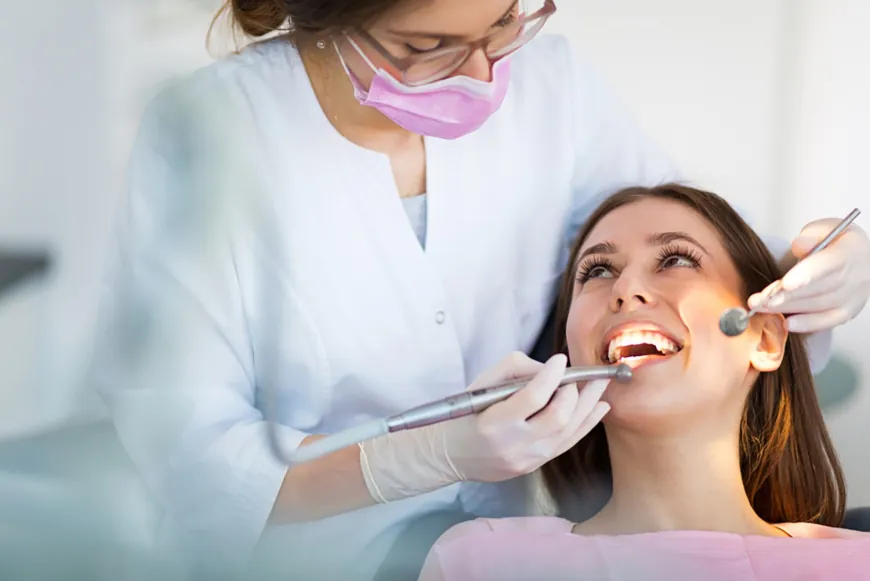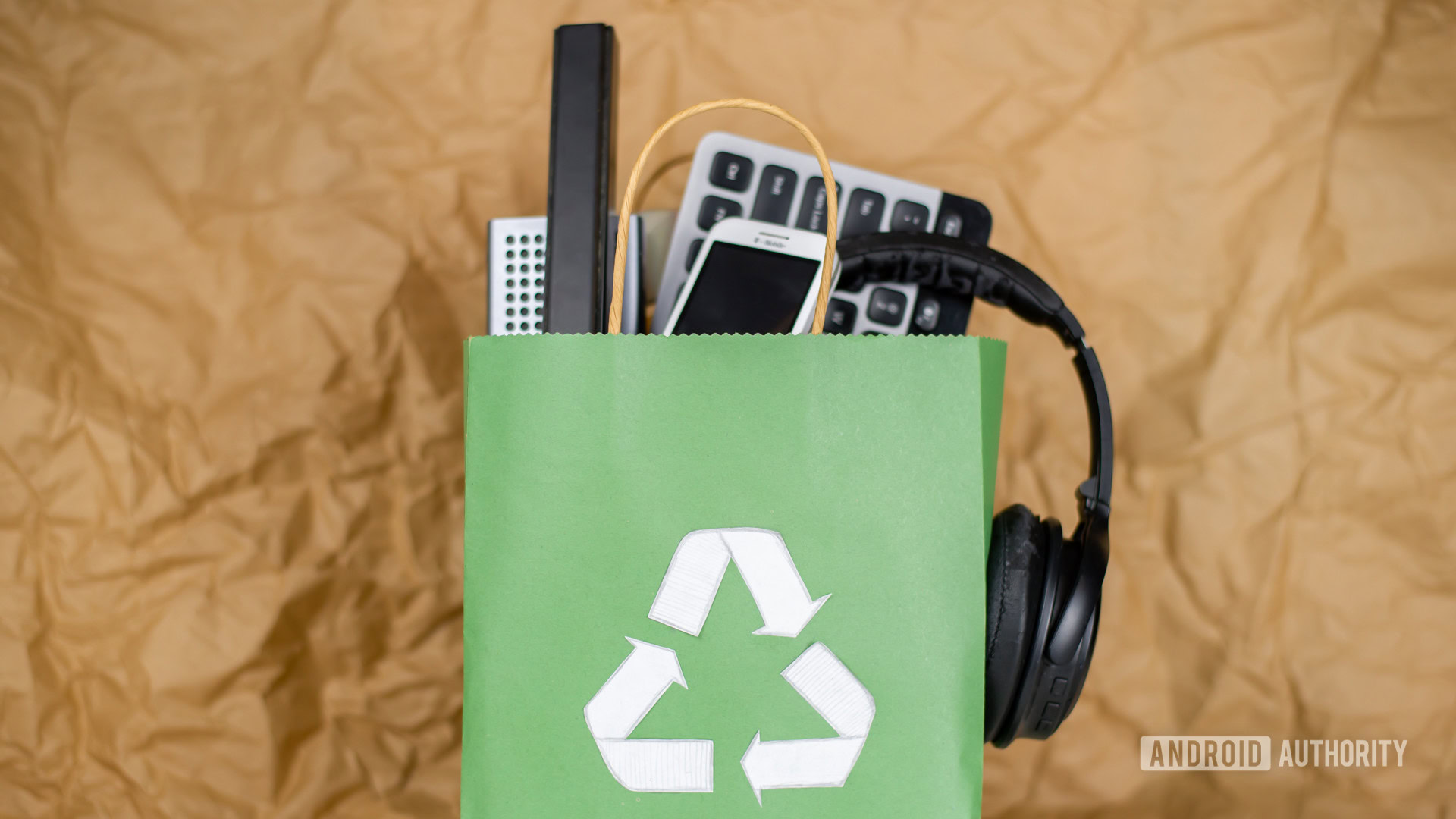The Ultimate Guide to Teeth Cleaning: Achieve a Bright, Healthy Smile
Unlock a radiant smile with our dental experts. Discover an affordable Teeth Cleaning Cost In Dubai & Abu Dhabi. Your path to a healthier and happier smile.

A bright, healthy smile is one of the most attractive features anyone can have, and maintaining it starts with proper teeth cleaning. While many people assume that brushing twice a day is enough, achieving optimal oral health requires more than that. This ultimate guide will walk you through the best practices for teeth cleaning, what you should know about professional teeth cleaning, and how to maintain that perfect smile.
Why Is Teeth Cleaning Important?
Teeth Cleaning Cost in Dubai is essential not just for cosmetic reasons but for your overall health. The primary purpose of teeth cleaning is to remove plaque—a sticky film of bacteria that forms on your teeth—and prevent tartar buildup. If left untreated, plaque and tartar can lead to cavities, gum disease, and even tooth loss.
Beyond oral health, studies show that poor dental hygiene can contribute to other health problems like heart disease, diabetes, and respiratory infections. Therefore, a good oral hygiene routine benefits your entire body, not just your teeth and gums.
Understanding Plaque and Tartar:
Plaque is a colorless, sticky film that constantly forms on your teeth. It’s full of bacteria that feed on sugar and starches in your diet. Over time, if not removed, plaque hardens into tartar—a rough, hard substance that can only be removed by a dentist.
Plaque buildup can occur anywhere on your teeth but is most common along the gumline and between teeth. When it hardens into tartar, it creates a barrier that makes cleaning more difficult and leads to inflammation and gum disease. Regular teeth cleaning, both at home and professionally, is crucial to keeping plaque and tartar in check.
At-Home Teeth Cleaning: Best Practices:
While professional teeth cleaning is essential, maintaining a daily oral hygiene routine at home is just as important. Here’s a step-by-step guide for effective at-home teeth cleaning:
Brush Twice a Day:
The foundation of oral care is brushing your teeth at least twice a day—once in the morning and once before bed. Use fluoride toothpaste and a soft-bristled brush to remove plaque. Brush for at least two minutes, covering all surfaces of your teeth: front, back, and chewing surfaces.
Use the Right Technique:
Proper brushing technique is critical. Hold your toothbrush at a 45-degree angle to your gums and use short, circular motions. Avoid brushing too hard, as this can damage your gums and tooth enamel. Don’t forget to brush your tongue to remove bacteria and prevent bad breath.
Floss Daily:
Flossing is often overlooked but is essential for removing food particles and plaque between your teeth, which your toothbrush can’t reach. Use a gentle back-and-forth motion to avoid damaging your gums. If traditional floss is difficult to use, try floss picks or a water flosser.
Rinse with Mouthwash:
A fluoride or antibacterial mouthwash can help further reduce plaque and bacteria while strengthening your enamel. Use mouthwash after brushing and flossing to reach areas you might have missed.
Limit Sugary Foods and Drinks:
Diet plays a significant role in oral health. Sugar and starchy foods feed the bacteria that produce acid, leading to tooth decay. Limiting sugary snacks, drinks, and acidic foods helps protect your enamel and reduces the risk of cavities.
Signs You Need Professional Teeth Cleaning:
While at-home care is crucial, professional teeth cleaning offers a deeper clean than what can be achieved with daily brushing and flossing. Here are some signs that you may need a professional cleaning:
-
Staining or Discoloration: If your teeth appear yellow or stained despite brushing, a professional cleaning can remove surface stains caused by food, drink, and tobacco.
-
Bad Breath: Persistent bad breath, even after brushing, could indicate plaque buildup or gum disease, which a dentist can address.
-
Bleeding Gums: Gums that bleed when you brush or floss may be a sign of gingivitis, an early stage of gum disease. Professional cleaning helps to reverse gingivitis and prevent it from progressing.
-
Tartar Buildup: If you notice hard, rough deposits on your teeth, it’s likely tartar, which can only be removed with professional cleaning tools.
What to Expect During a Professional Teeth Cleaning:
Professional teeth cleaning, often referred to as scaling and polishing, is a routine procedure performed by a dentist or dental hygienist. Here's what you can expect during your appointment:
1. Examination:
Before the cleaning begins, the dentist will examine your mouth for any signs of gum disease, tooth decay, or other dental issues. X-rays may be taken if necessary.
2. Scaling:
Using specialized tools, the dentist will remove plaque and tartar from your teeth, especially around the gumline and between teeth. This process is called scaling. If tartar is extensive, it may take more time.
3. Polishing:
After scaling, the dentist will polish your teeth using a gritty toothpaste and a high-powered brush. This helps remove surface stains and makes your teeth feel smooth and clean.
4. Flossing:
The dentist will floss between your teeth to remove any remaining plaque or debris. They may also give you tips on improving your flossing technique.
5. Fluoride Treatment:
In some cases, a fluoride treatment may be applied to strengthen your enamel and protect your teeth from cavities.
How Often Should You Get a Professional Cleaning?
The general recommendation is to visit the dentist for a cleaning every six months. However, some people may require more frequent cleanings, especially if they are prone to gum disease, have a history of cavities, or wear braces. Your dentist will recommend the ideal schedule based on your individual needs.
Teeth Cleaning Tips for a Long-Lasting Smile:
To maintain a bright, healthy smile between dental visits, follow these tips:
-
Brush After Meals: If possible, brush your teeth after meals to prevent plaque buildup. If brushing isn’t an option, chew sugar-free gum to stimulate saliva production, which helps neutralize acids in your mouth.
-
Stay Hydrated: Drinking water throughout the day helps wash away food particles and bacteria.
-
Quit Smoking: Tobacco products can stain your teeth and increase the risk of gum disease. Quitting smoking is one of the best things you can do for your oral health.
-
Use a Whitening Toothpaste: Whitening toothpaste can help remove surface stains and keep your smile bright. However, use it sparingly, as excessive use can be abrasive to your enamel.
Conclusion:
Teeth cleaning is more than just brushing twice a day; it’s about maintaining a comprehensive oral hygiene routine and seeking professional care when needed. By following these guidelines, you’ll not only achieve a bright, healthy smile but also protect your overall health. Remember, a beautiful smile starts with clean teeth!
What's Your Reaction?
 Like
0
Like
0
 Dislike
0
Dislike
0
 Love
0
Love
0
 Funny
0
Funny
0
 Angry
0
Angry
0
 Sad
0
Sad
0
 Wow
0
Wow
0


















































